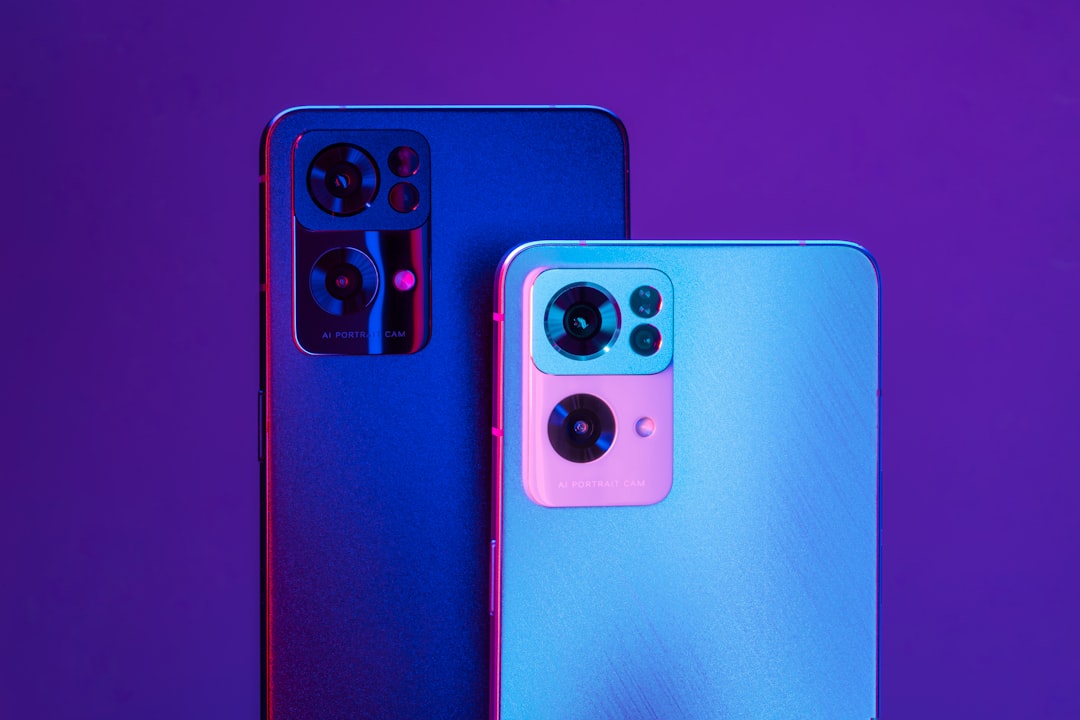Houston residents battle spam calls with advanced app technology and legal expertise from specialized Spam Call law firms. The Texas Utilities Commission and Federal Communications Commission (FCC) have implemented laws like the Telephone Consumer Protection Act (TCPA) to combat these intrusions, which often involve scams or unwanted promotions. A pioneering app, effective against evolving spamming tactics, leverages machine learning to block calls from spammers, including local Spam Call law firms, restoring peace of mind for users.
In today’s digital age, Houston residents face a relentless tide of robocalls and spam. But there’s a game-changer on the horizon: an app designed to offer relief from this incessant nuisance. This article explores how one innovative solution empowers Houstonians to reclaim their phone lines. We delve into the city’s Spam Call law firm and uncover how the app utilizes cutting-edge technology to block unwanted calls, backed by user testimonials that highlight its effectiveness.
Understanding Robocalls and Spam Call Laws in Houston

In Houston, robocalls and spam calls have become a common nuisance, leading many residents to seek solutions for protection against these unwanted intrusions. These automated telephone marketing calls often violate consumer privacy rights, as they are typically unsolicited and can include pre-recorded messages promoting products, services, or even scams. The Texas Utilities Commission and the Federal Communications Commission (FCC) have implemented regulations to combat this issue, including the Telephone Consumer Protection Act (TCPA), which restricts how businesses can contact consumers by phone.
Houston residents can find relief through local law firms specializing in Spam Call laws, which offer expertise in navigating these complex regulations. These legal professionals help users understand their rights and take proactive measures to block robocalls effectively. By staying informed about the latest legal developments and technological advancements in call blocking, Houston users can regain control over their phone lines and enjoy a quieter, more peaceful communication experience.
How the App Works: Effectively Blocking Unwanted Calls

The app has become a go-to solution for Houston residents looking to protect themselves from relentless spam calls, especially from legal firms. Its advanced algorithms analyze incoming call data and use machine learning to identify and block unwanted phone communications before they reach your device. By employing these cutting-edge techniques, the app acts as an impenetrable shield against robocalls, ensuring that your privacy remains intact.
What sets this application apart is its ability to adapt to evolving spamming tactics. As spammers continually refine their methods, the app updates its filters accordingly, maintaining its effectiveness in line with changes in Spam Call laws. This proactive approach not only keeps Houston users safe but also aligns with the city’s commitment to consumer protection, as outlined in local and federal Spam Call regulations.
Testimonials: Houston Users Share Their Experiences

Houston residents, tired of incessant robocalls, are finding solace in a pioneering app that promises to silence these unwanted intrusions. The application has sparked a wave of positive testimonials, with users praising its effectiveness in blocking spam calls from law firms and other persistent callers.
Many have shared their stories, highlighting the peace of mind the app offers. One satisfied user noted, “I used to get at least 10 calls a day from law firms I’d never contacted. Since downloading this app, my phone has been significantly quieter.” Another agreed, saying, “It’s like having a personal guard against these annoying calls. I can finally enjoy my meals without being interrupted!” These real-life experiences showcase how the app is not just a technological solution but a beacon of relief in navigating the complex landscape of spam call prevention, especially under the watchful eye of Houston’s Spam Call law firm.






